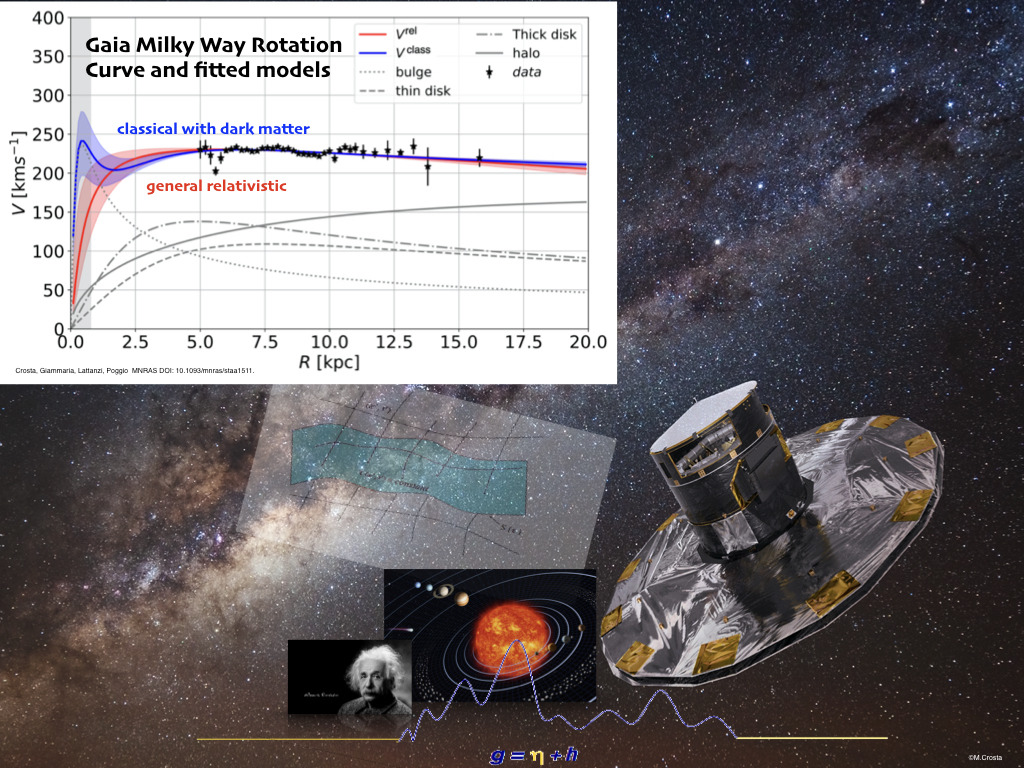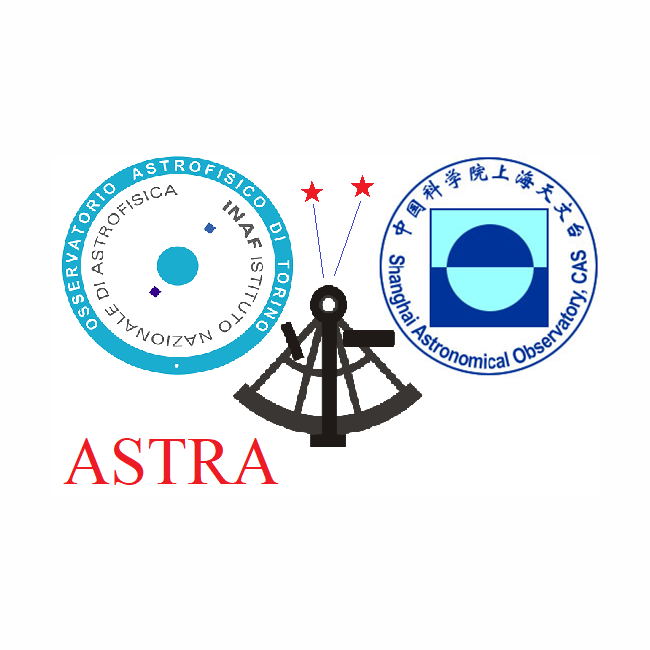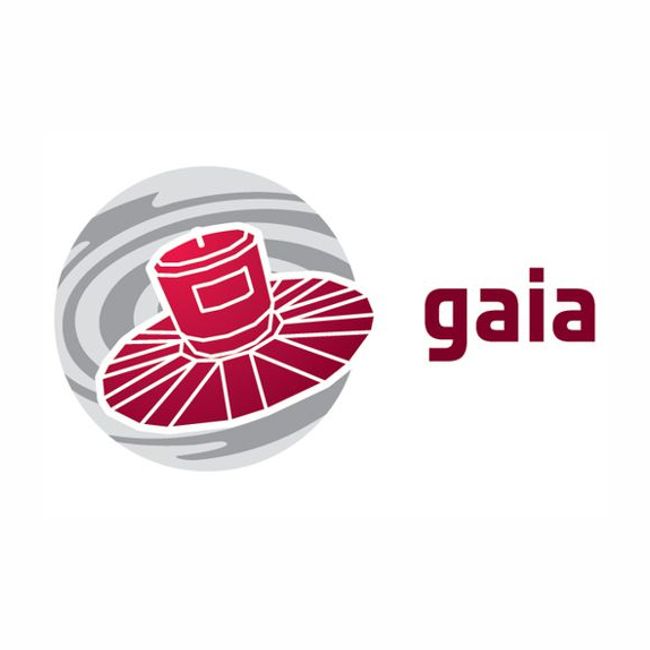
The microarcsecond astrometry of the Gaia mission has shifted the paradigm of fundamental astronomy from the classical approach, Newtonian dynamics with special relativity corrections, to the use of Einstein’s General Relativity (GR).
In fact, stellar positions and motions are now recovered, for full accuracy, by solving null geodesics in spacetime. This is the coming of age of Gravitational Astronomy, which will have to be fully compliant with GR, the standard theory of gravity that revolutionized our conceptions of space and time. In this respect, Relativistic Astrometry, that implements Gravitational Astrometry, enters the domain of fundamental physics.
Our team has a twenty-five-year experience in this field; the goal is to exploit the GR framework and the potential of present, including Gaia and Euclid, and future astrometric space missions for extensive GR application and tests, either at the local scale, such as the Solar System in the context of weak gravitational fields, or at the Milky Way (MW) scale in the context of the “Galaxy as a cosmological product”, or Local Cosmology.
Personnel
Researchers: U. Abbas, S. Bertone, B. Bucciarelli, M. Crosta, M.G. Lattanzi, A. Vecchiato
External collaborators: A. Butkevich, F. Santucci
Ph.D. students: W. Beordo
Main Research Fields
– Validation of GR at all scales, and its correlation with the nature of dark matter and dark energy;
– accurate definition of general relativistic astrometric parameters;
– investigation of tiny relativistic effects including weak lensing;
– GR dynamical models for the Galaxy;
– relations among baryonic structures and dark components; the formation of these structures, from primordial galaxies to the MW and its stellar populations;
– the Galaxy in the context of Local Cosmology;
– astrometric observations of Gravitational Waves;
– spacetime metrology and navigation;
– studies of new GR experiments with high precision technologies.
Contacts
Mariateresa Crosta Email: mariateresa.crosta at inaf.it




